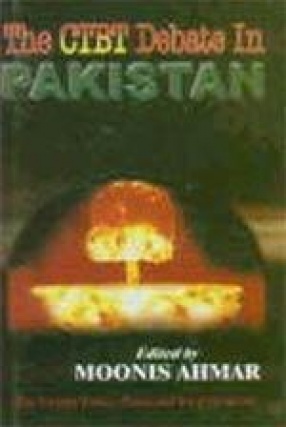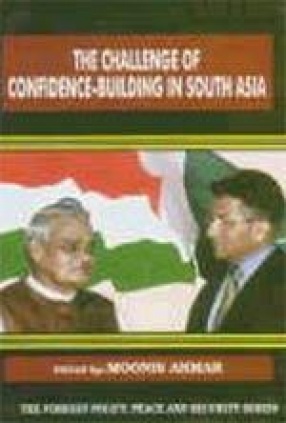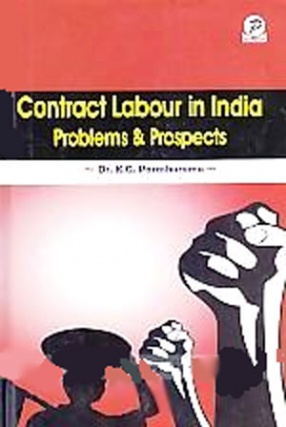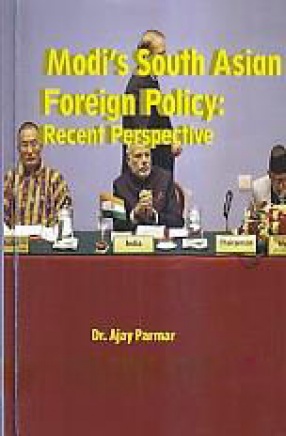The idea of rebuilding Afghanistan, conceived, discussed and examined on the occasion of Born conference held in December 2001 covered the transformation of not only the Afghan government but also judiciary, education, infrastructure and various segments of society. Participants of the Bonn conference held the view that given the tribal, orthodox and under developed nature of the Afghan society, it was easy for the extremist and terrorist non-state actors to use that country for the accomplishment of their evil designs. The activities of al-Qaeda, having the blessings of the Taliban regime in Kabul was considered as a vivid example of the danger which Afghanistan posed to the rest of the world in terms of planning, funding, training and execution of various terrorist acts not only against the United States, but also directed against other countries considered to be hostile to the Muslims. Rebuilding to the government and society of Afghanistan, as conceived by its planners, carried the hope that as a result of better education, democracy, political stability, tolerance, emancipation of women, protection of the rights of minorities and more opportunities of employment, one can expect normalcy, political wisdom, rule of law and peace in that war torn country. Probably, those who had initiated the process of rebuilding Afghanistan had in view the failure of the international community to help Afghans rebuild their country in the post-Soviet withdrawal period. As Afghanistan was ignored by Washington and those who has supported Jihad against the Soviet military occupation, the outcome was worst form of bloodshed among the mujahideen groups and the ultimate seizure of power by the Taliban. While examining the issue of rebuilding Afghanistan, one cannot ignore the fact that the country is connected with three very important regions in the world: South, West and Central Asia. Therefore, it increases it importance in the region and outside the region. Though the Soviet disunion and the events of September 11, 2001 have changed the order of international politics, the struggle for power remains the same, both at international and regional fronts. The challenges emanating after the collapse of Taliban regime and the formulation of new security and political paradigm with the support of the UN and NATO tend to raise several questions about the issues of rebuilding and reconstruction, political stabilization and security in that war torn country. The architects of rebuilding Afghanistan are however mindful of the impediments which are present to accomplish such a daunting task. It is not only the financial or economic cost which is to be taken into account for transforming Afghanistan from a violent and instable country to a normal and peaceful state, but the support of Afghan people is also needed in this regard. Although, Afghanistan has been a difficult country to govern because of its internal dynamics, the need for peace and normalcy is a prerequisite for preventing that country from again becoming a hub of terrorist groups.

The Challenge of Rebuilding Afghanistan
by Moonis Ahmar
$22.50
$25.00
In stock
Free & Quick Delivery Worldwide
All orders amounting to US$ 50 or more qualify for Free Delivery Worldwide. For orders less than US$ 50, we offer Standard Delivery at $14 per book.
ABOUT THE AUTHOR Moonis Ahmar
Moonis Ahmar is Professor, Department of International Relations, University of Karachi, Pakistan and Director, Programme on Peace Studies and Conflict Resolution. He specializes in Conflict Resolution and Confidence-Building Measures in the regions of Central Asia, Middle East and South Asia. He is the author of two books, and five monographs he has edited the books entitled, contemporary Central Asia (Department of International Relations and Hanns Seidel Foundation, 1995), Internal and External Dynamics of South Asia Security (Karachi: Fazleesons, 1998), The CTBT Controversy In South Asia (Karachi: Department of International Relations, 2000), The Challenge of Conflict Resolution, 2001), Arab-Israeli Peace Process: Lessons for South Asia (Karachi: Oxford University Press, 2001), Paradigms of Conflict Resolution in South Asia (Dhaka: University Press Limited, 2003), The World After September 11: Challenges and Opportunities (Karachi: Program on Peace Studies and conflict Resolution, 2003). He has published his writing in, Asian Survey (Berkeley), BIISS Journal (Dhaka), Contemporary South Asia (Oxford), Central Asia (Peshawar), Eurasian Studies (Ankara), Journal of European Studies (Karachi) Pakistan Journal of American Studies (Islamabad), National Development and Security (Islamabad), Pakistan Perspectives (Karachi) Pakistan Journal of American Studies (Islamabad), Peace Initiatives (Mumbai), Regional Studies (Islamabad), South Asian Studies (Lahore), Strategic Studies (Islamabad) and World Affairs (New Delhi). Presently he is working on a Database on Terrorism and Violent Conflicts in South Asia. He was also the Project Director of Ford Foundation/International Relations Department Research Project, "Peace by Process: Lessons for India and Pakistan from the Middle East," and has also received grants from the United States Institute of Peace, Washington DC and Ploughshares Fund, San Francisco, Higher Education commission (HEC), Islamabad and Faculty of Arts, University of Karachi. Dr. Ahmar has organized several International and National Workshops and Seminars.
reviews
0 in total
Review by Anonymous
Be the first to review “The Challenge of Rebuilding Afghanistan” Cancel reply
You must be logged in to post a review.
Bibliographic information
Title
The Challenge of Rebuilding Afghanistan
Author
Edition
1st ed.
Publisher
Length
xxv+240p., Index; 26cm.
Subjects
tags
#Afghanistanmore by Moonis Ahmar see more
The Arab-Israeli Peace Process: Lessons for India and Pakistan
With the peace talks between ...
$23.75
$25.00
similar bookssee more
Uprooting the Pumpkin: Selections from Tamil Literature in Sri Lanka
Starting from the 1950s, a ...
$27.90
$31.00







There are no reviews yet.